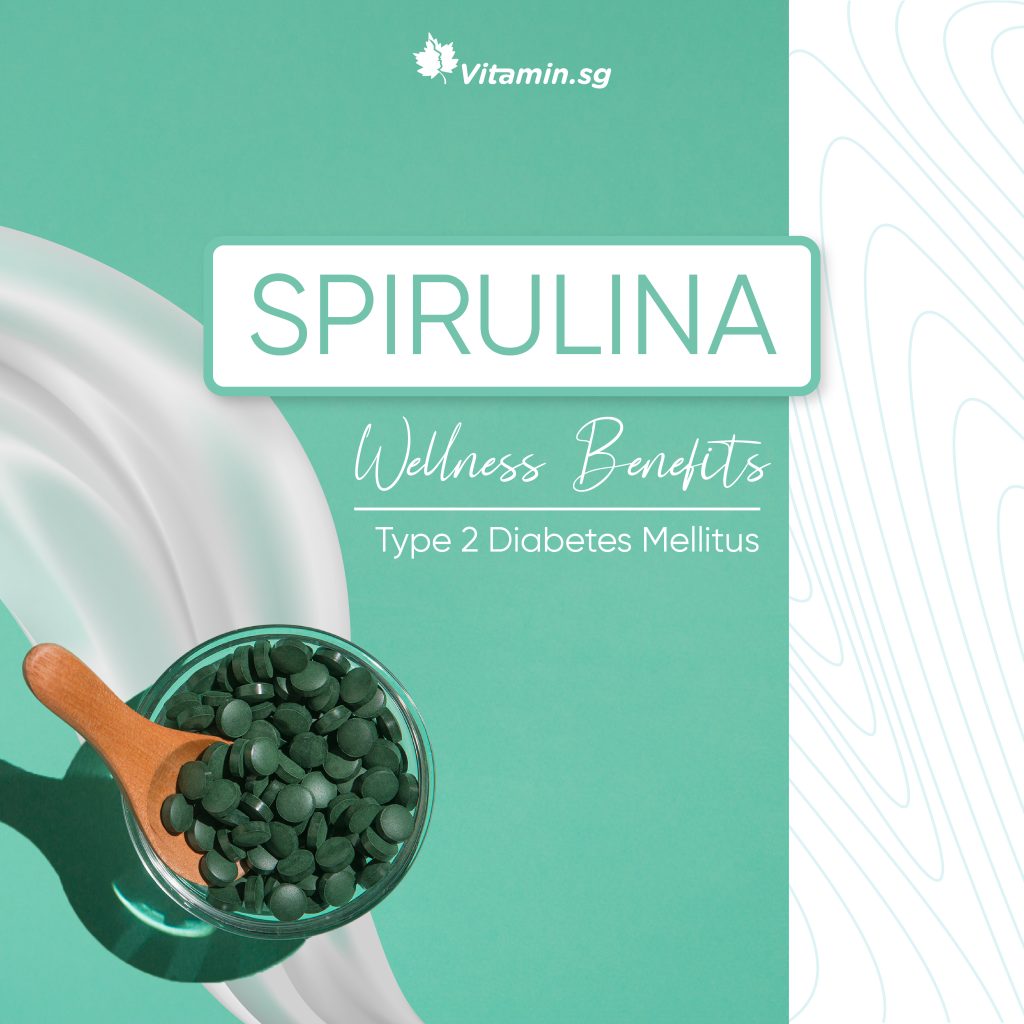Home / Health Blog / Antioxidant Properties of Vitamin C
Vitamin C has long been considered the “wonder vitamin.” It has many functions in the body and is a key ingredient in a strong immune system. Vitamin C is also an antioxidant, meaning that it is a free-radical fighter in the body.In scientific arenas, vitamin C is known as ascorbic acid. Ascorbic acid literally means “without scurvy,” as it prevents the occurrence of the disease that is the result of vitamin C deficiency. Our bodies depend on this vitamin for many functions, as humans are the only animals that are not able to produce it on their own, next to primates and guinea pigs. Because of this, we have to obtain vitamin C through our diets.Vitamin C is a very important vitamin because it aids the immune system in fighting off disease and tumor cells. Additionally, it helps the cardiovascular system because it is able to protect these tissues from oxidation caused by free radicals in the body as well as by metabolizing fat.Vitamin C is unique in that it essentially scavenges the body for free radicals that are destructive in the body. It can also work with vitamin E to prevent and stop free-radical chain reactions. Additionally, it is able to enhance the body’s resistance to several diseases including cancers and infectious disorders. Vitamin C stimulates the activity of antibodies and immune system cells.As an antioxidant, vitamin C protects the DNA of cells from being damaged and altered. If damage does occur to DNA, the cells are more likely to divide into potentially dangerous cancer cells. Vitamin C is able to prevent this occurrence and kills the free radicals that cause the damage. Because we are surrounded in our lives by a wide variety of toxins that cause free radicals to develop in the body, vitamin C is able to combat the effects of these pollutants.In several studies, vitamin C has been proven to reduce the number of chromosomal abnormalities that develop when workers are exposed to various pollutants such as coal tar. Additionally, it has been shown to prevent free radical damage to the lungs and the central nervous system. As an antioxidant, vitamin C’s main role is to neutralize free radicals in the body, which prevents a host of other complications that can occur in the body.


